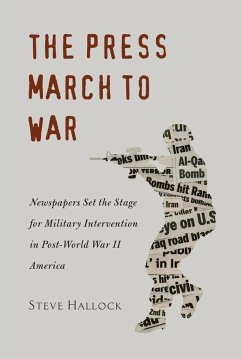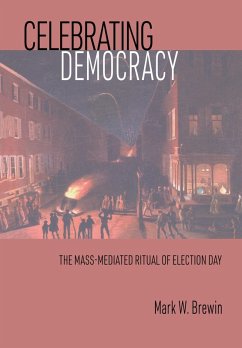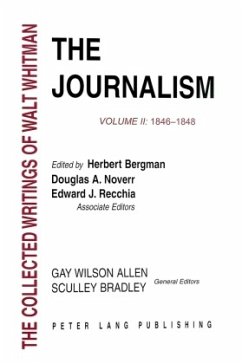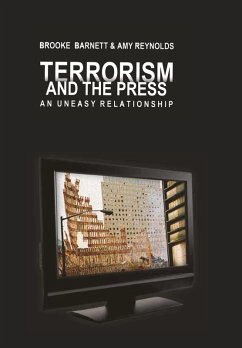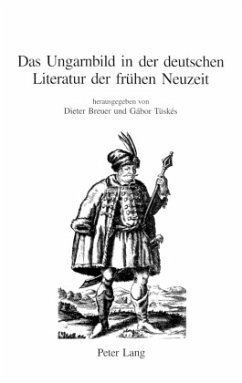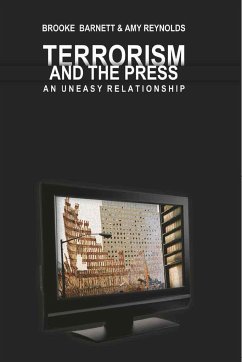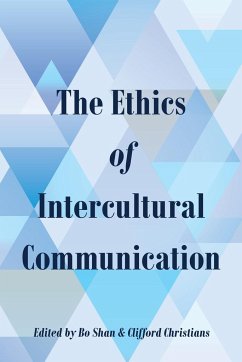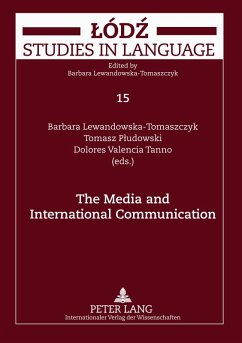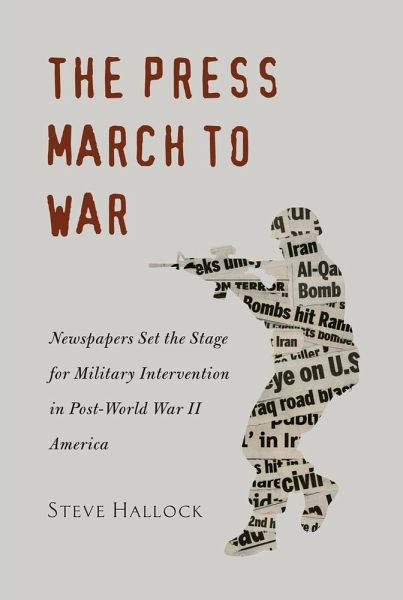
The Press March to War
Newspapers Set the Stage for Military Intervention in Post-World War II America

PAYBACK Punkte
0 °P sammeln!
The 2003 war against Iraq was not the first instance of a president taking the nation into foreign conflict assisted by a submissive Congress and national press corps that did not adequately challenge the case for intervention. All foreign U.S. military action since World War II has been undertaken without the constitutionally required declaration of war, and with the support of the national press corps. Factors behind this press complicity - which is at odds with the traditional press role of watchdog over government policies - include political, economic, and national security ideologies the...
The 2003 war against Iraq was not the first instance of a president taking the nation into foreign conflict assisted by a submissive Congress and national press corps that did not adequately challenge the case for intervention. All foreign U.S. military action since World War II has been undertaken without the constitutionally required declaration of war, and with the support of the national press corps. Factors behind this press complicity - which is at odds with the traditional press role of watchdog over government policies - include political, economic, and national security ideologies the press shares with administration and government officials - the same sources upon whom the press relies for credible information.
Sending troops to fight in foreign lands is the most difficult, and most important, decision a president can make. Assisting this decision has been a press that, in failing to meet its watchdog responsibility during this key pre-war period, has instead helped construct and maintain a war agenda. With a comprehensive overview of all conflicts from the Korean War to intervention in Libya, this book examines the supportive relationship of press to power in building a conflict rationale during the vital period leading up to combat.
Sending troops to fight in foreign lands is the most difficult, and most important, decision a president can make. Assisting this decision has been a press that, in failing to meet its watchdog responsibility during this key pre-war period, has instead helped construct and maintain a war agenda. With a comprehensive overview of all conflicts from the Korean War to intervention in Libya, this book examines the supportive relationship of press to power in building a conflict rationale during the vital period leading up to combat.



